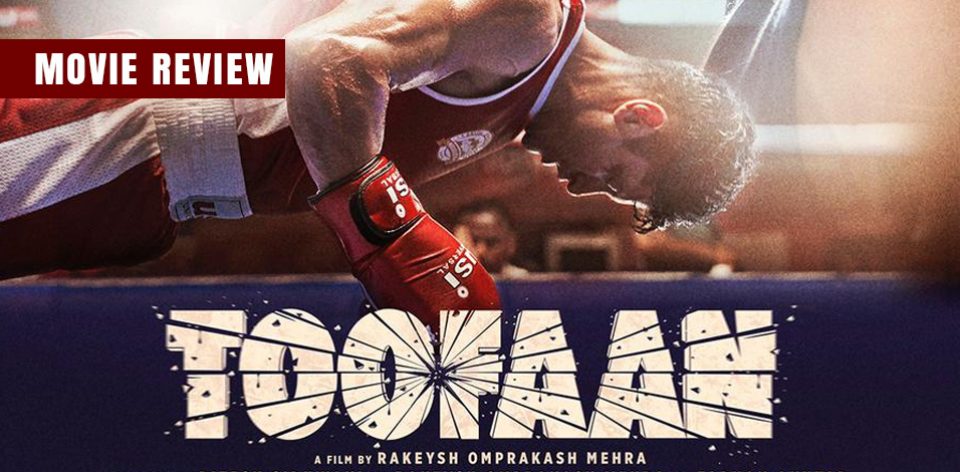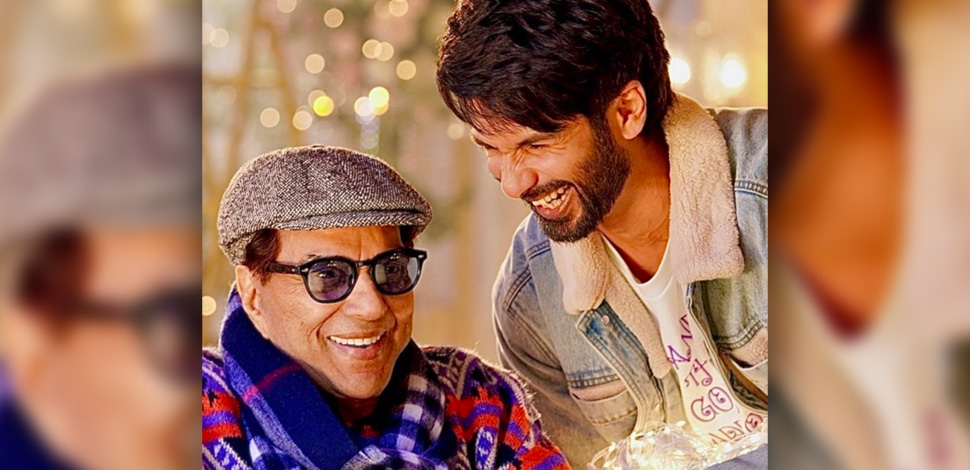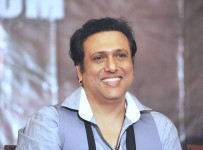Artificial Intelligence (AI) has enabled industries to reach new heights. Be it a social media network that can show us ads by reading our mind or an e-commerce website completing our order in 48 hours. Despite such giant leaps in technology, there is one aspect that is yet to be penetrated entirely by AI. I am talking about my favorite industry – storytelling. No formula churns out a successful film. Neither big brand names nor successful previous partnerships can ensure a successful film, and this was my thought after I saw the much-awaited Toofan on Amazon Prime.
Toofan is a story of the redemption arc of an underdog at a sport that he is passionate about. Aziz Ali (Farhan Akhtar) is an extortionist from Dongri (Mumbai) who goes about his day aimlessly. Though Aziz’s interest in boxing spikes after watching Muhammed Ali, he doesn’t think much of it until he meets Dr. Ananya Prabhu (Mrunal Thakur). Ananya’s no-nonsensical attitude and straightforward nature forces Aziz to think about his life choices. This is when Aziz decides to quit his old ways. He starts training under Nana Prabhu (Paresh Rawal), a well-known coach in the boxing circuit. I suppose you think you could predict the story after reading my review. In that case, you’d be mistaken because of the film’s convoluted plot that stretches the film’s duration to over ~160 mins.
I want to start my review by stating a disclaimer that I am a fan of Farhan Akhtar. Regardless of the story, I have never failed to like Akhtar‘s work because of the sincerity that he puts into every character. Be it the happy-go-lucky goofy ‘Imran’ from Zindagi Na Milegi Dobara or the lead singer turned corporate ‘Aditya’ from Rock On. Bottom line – If it’s Farhan Akhtar, I make it a point to watch the film. Coming back to Toofan, I love Akhtar‘s transformation from a fat-bod dad to a chiseled, muscular athlete. All the high-intensity boxing scenes are performed by Akhtar himself so much so that not a single scene requires a body double, and I think that needs to be acknowledged. Although I am not convinced by Akhtar‘s ‘tapoori’ character as it reminds me of Murad from Gully Boy, he makes up for it by his tenacity in the aforementioned areas. I have always believed that sharing a screen is a partnership of the equals. For that reason, I was pleasantly surprised by Mrunal Thakur. On paper, Thakur’s role could have been one of a textbook bubbly girl who sees good in the world in exaggeration. However, Thakur has done a splendid job complimenting Akhtar through her earnest performance. Talking about performances, Paresh Rawal as Nana Prabhu has done a remarkable job portraying a traditionalist islamophobic coach who looks at life as one-dimensional. Prabhu is showcased as a bigoted person, and he has his own reasons that have molded him to be one. From his body language to his dialogues, Rawal remarkably personifies the character. It is due to actors such as Paresh Rawal that I feel they don’t deserve the title of supporting cast because he does not support the film; he carries the film on his shoulder as much as Akhtar or Thakur.
Coming to the technicians, my opinion is mixed. I love Jay Oza‘s cinematography in the film. The in-ring shots and the visual treatment of the film are magnificent. However, there are some sequences at the beginning that beg for more attention. One such example is the action sequence in the beginning, in which one could see Akhtar throwing a punch in the air, and the extras react to it. Rakeysh Omprakash Mehra has done a phenomenal job in directing all the boxing scenes in the ring. So much so that all of Akhtar‘s opponents in the boxing matches were real-life boxers. However, the film has far too many convoluted plots that don’t add much to the film. Not only is this an ‘under-dog overcoming the obstacle’ film, but it also has an element of Islamophobia and an inter-caste love story along with a revengeful controversy with a scare of the protagonist’s past coming back to disrupt his life. It is not only the existence of the above subplots but the fact that nuisance to justify those subplots is missing, and that’s what I have an issue with. One such example is Aziz Ali’s resurgence, shown loosely merely through a flashback as opposed to Akhar’s previous sports film – Bhaag Milkha Bhaag, in which one understands the character development of Milkha Singh.
Speaking of Bhaag Milkha Bhaag, I am not a fan of comparing films because one aspect is similar to the other. However, there was a sense of a strong deja vu while watching Toofan as it came across a mix of two other films ~ Bhaag Milkha Bhaag and Gully Boy. Later, I realized that this is because most of the crew in Toofan also worked in the above two films (actors, producers, director, cinematographer, the writers, the casting director, and so on), and thus I feel the comparison was inevitable and to some extent, that was one of the downfalls of the films.
Despite my favorite actor teaming up with one of the top directors of India distributed by my favorite streaming platform for Indian content, Toofan falls short of my expectations, and ironically, this is what I love about storytelling. No one can predict the successful formula, and I can live with that. 🙂
Reviewed by Puneet Ruparel





